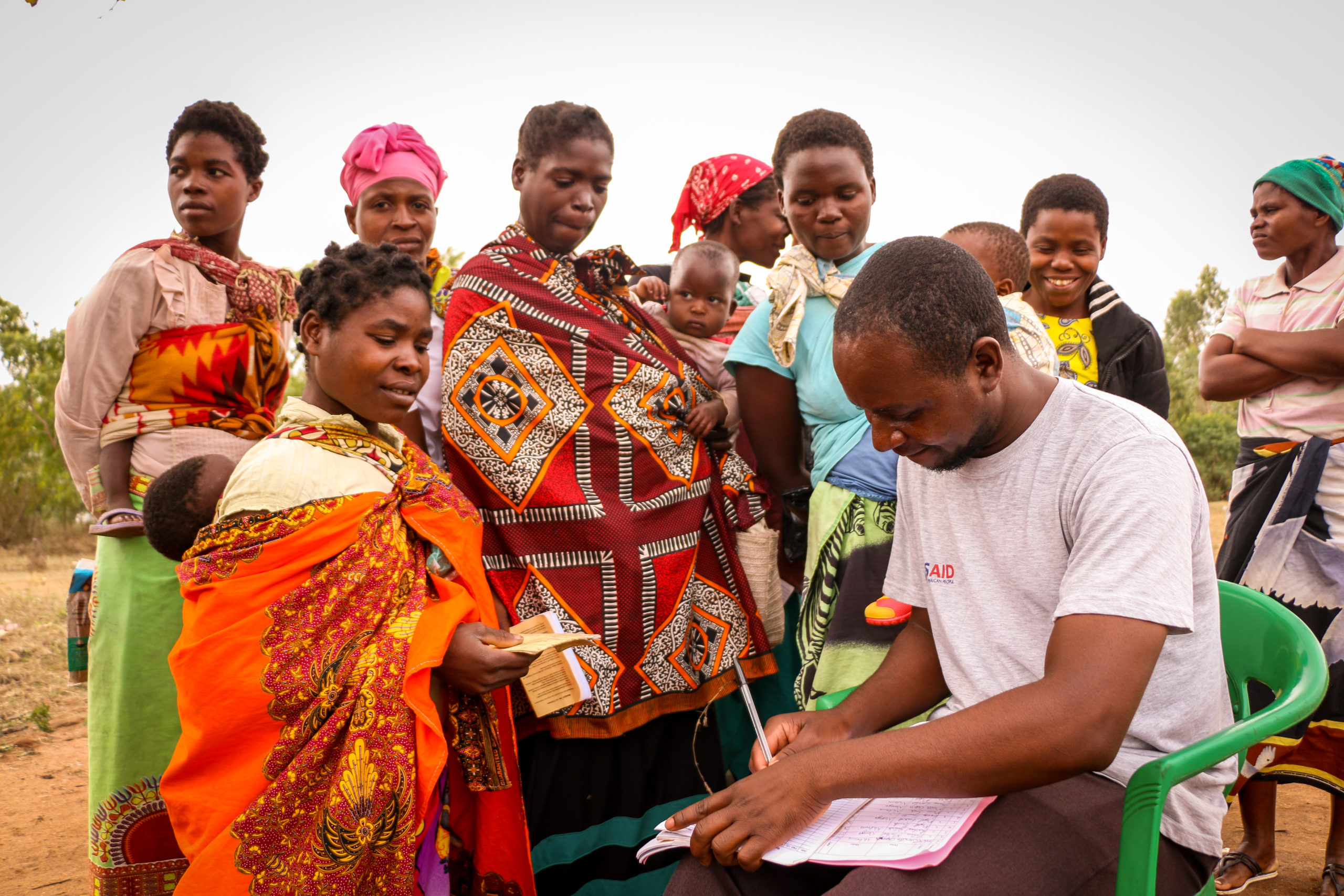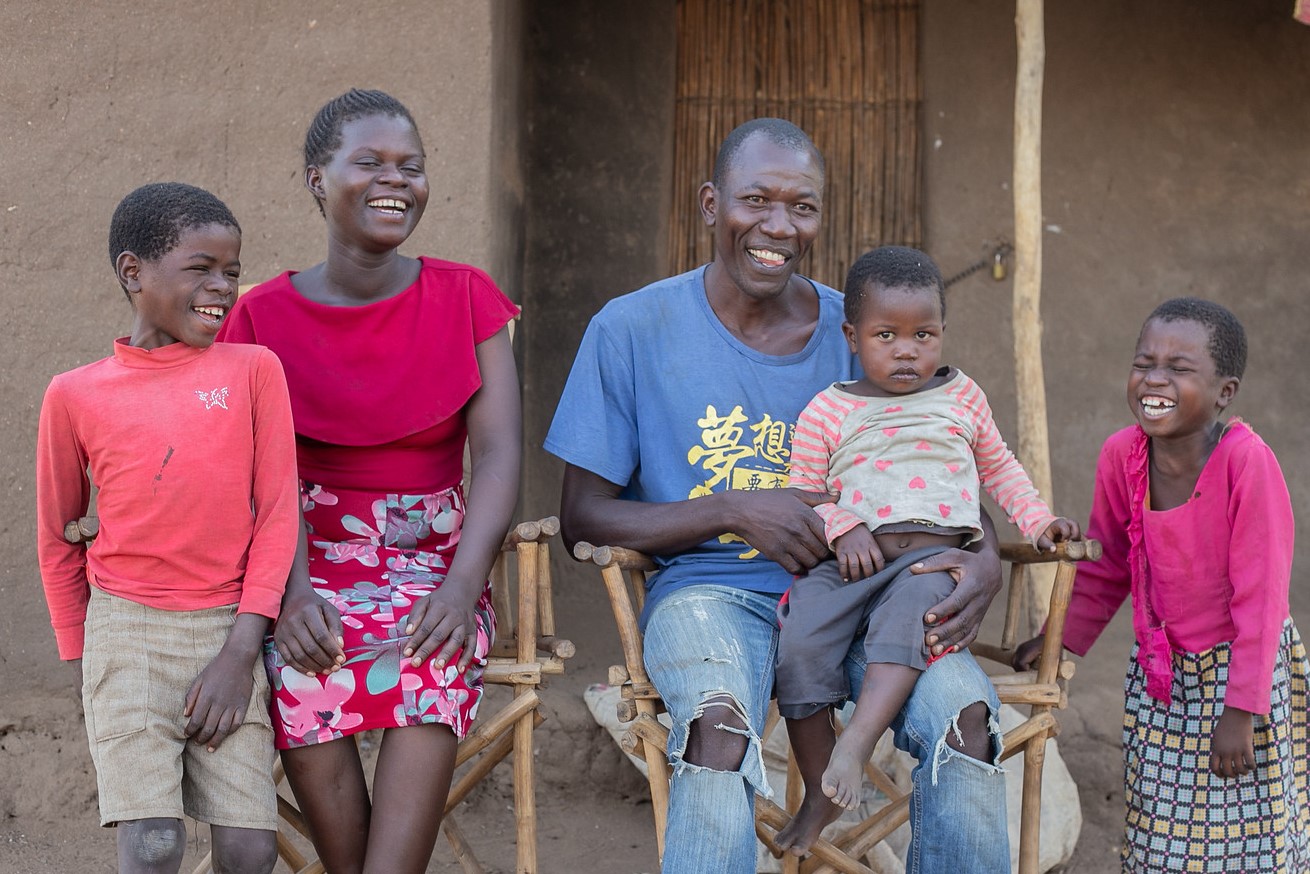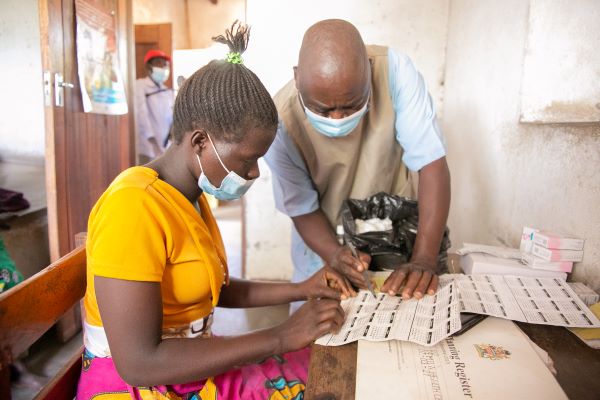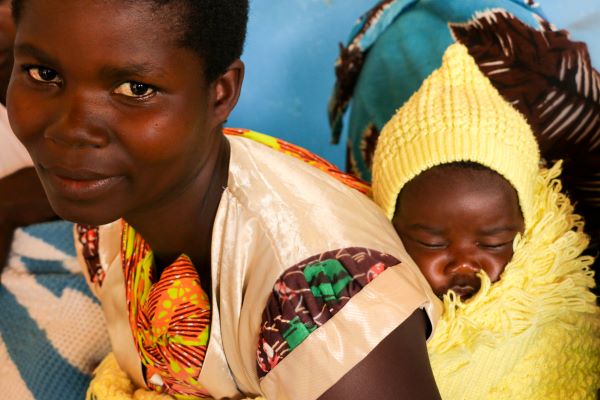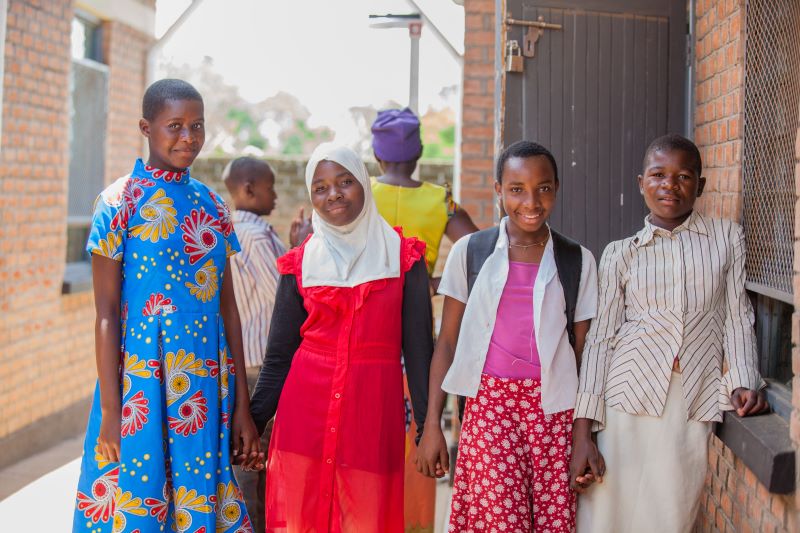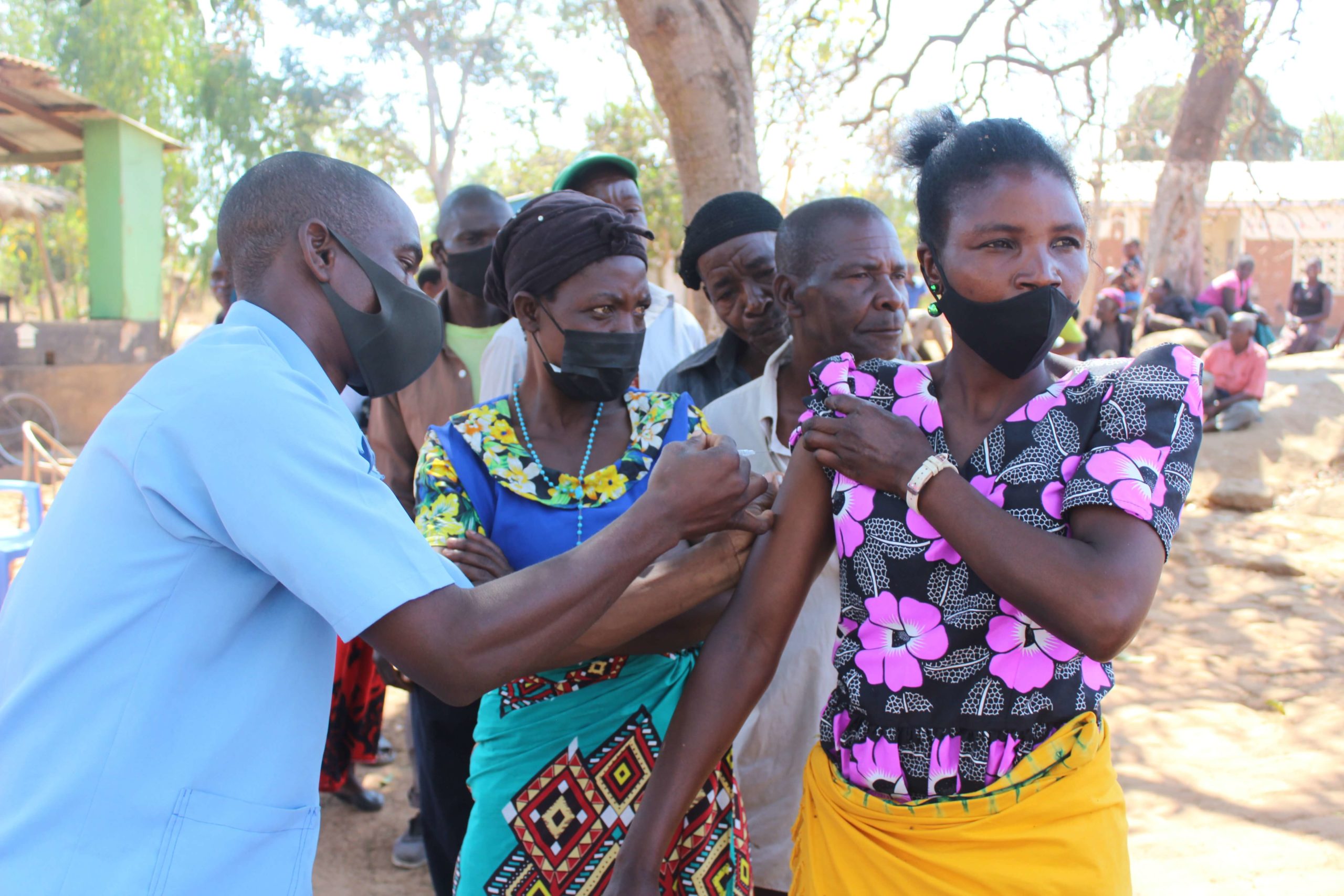Organized Network of Services for Everyone’s Health Activity
Organized Network of Services for Everyone’s Health Activity
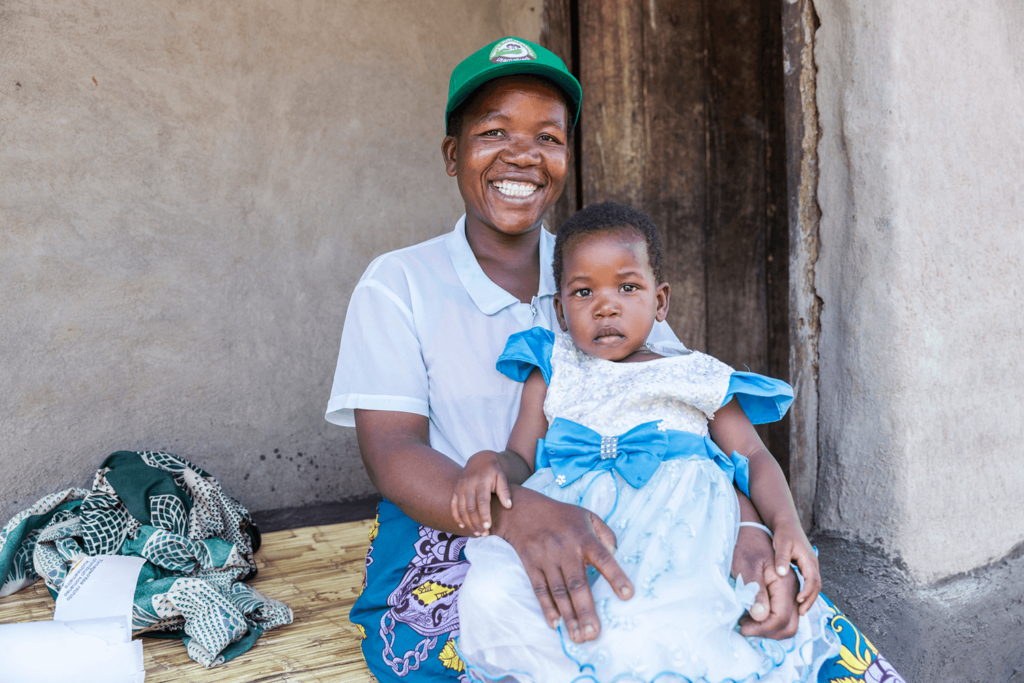
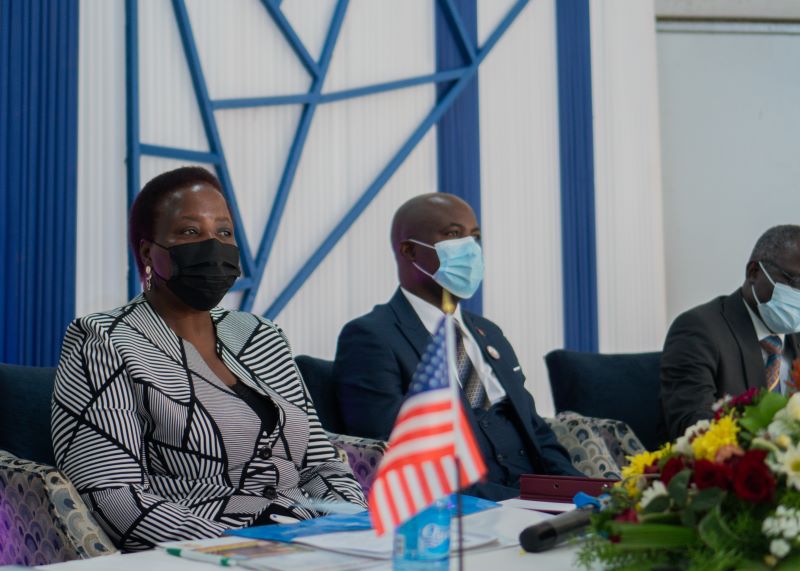
Together for Everyone’s Health
The Organized Network of Services for Everyone’s (ONSE) Health Activity held a closeout ceremony in Lilongwe to celebrate progress made and accomplishments achieved during its six years (2016-2022) assisting the Malawi Ministry of Health to expand access to quality health care services throughout the country. The event – Together for Everyone’s Health – recognized the many actors working toward locally led and sustainable improvements in health care service delivery, which have improved the lives of millions of people in Malawi.
Overview
In Malawi, we led USAID’s flagship health program, the ONSE Health Activity, which targeted major improvements in health through sustainable approaches and increased country ownership. ONSE delivered a package of health interventions to strengthen the health system and increased access, improved quality, and increased demand for services in family planning and reproductive health; maternal, newborn, and child health; nutrition; malaria; and water, sanitation, and hygiene. As a trusted partner to the Ministry of Health and Population, district health governments, health facilities, and community groups, we co-designed performance-improvement interventions using data to work through bottlenecks and systematically addressed gaps in the system to ensure the delivery of quality care. ONSE helped transform local capacity and health infrastructure across 16 districts, bringing essential health care services to more than half of Malawi’s population. ONSE was also a key partner in the government’s response to cholera, Cylcone Idai, and COVID-19, enabling the coordinated and rapid district-led response needed to contain the pandemic.
Strengthening the Continuum of Care for Malaria
Putting Patients at the Center to Strengthen Primary Health Care
Smart Capacity Building for Malaria: Experiences from Malawi
ONSE End of Project Infographic
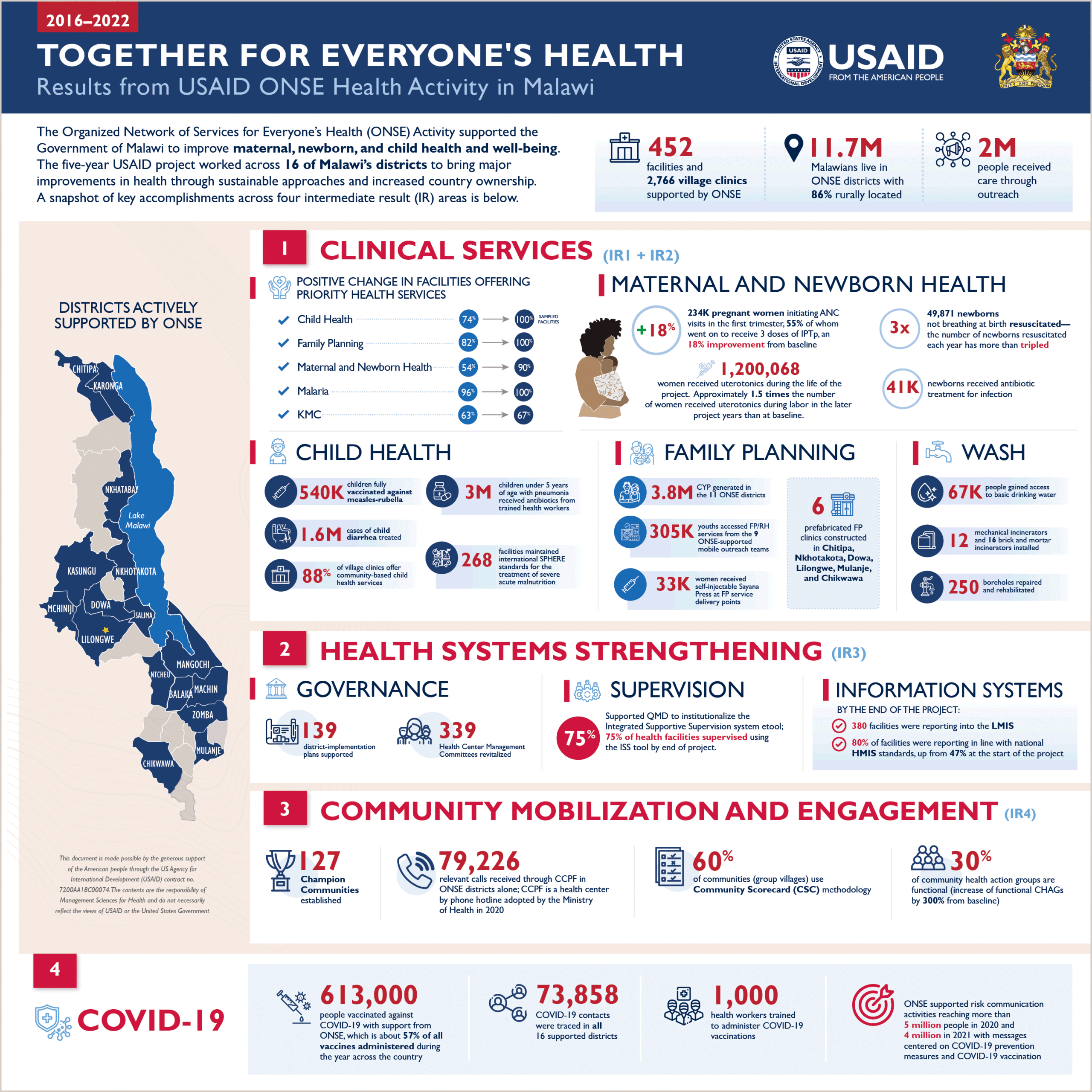
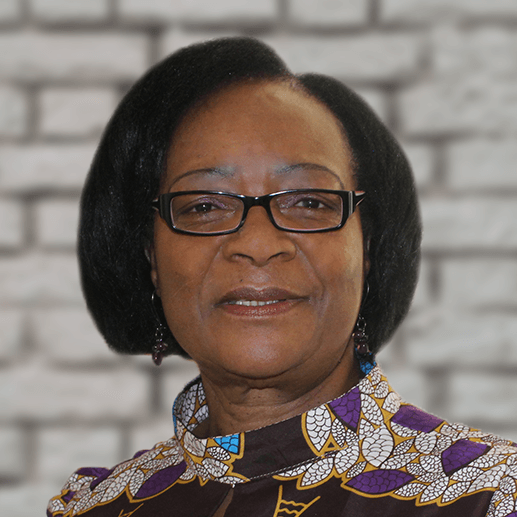
Ann Phoya
Chief of Party
Project Contact
Ann Phoya, Chief of Party for the USAID-funded Organized Network of Services for Everyone’s (ONSE) Health Activity, is a public health nurse midwife who has worked for over 38 years in the Malawi Public Health Services, in positions ranging from nursing/midwifery practice to education, management, and policy. At the policy level, Phoya served in the Ministry of Health as Head of Planning and Policy Development; Director of the Sector-Wide Approach; Director of Nursing and Midwifery Services; and as a manager for Safe Motherhood and Family Planning projects. In addition to her current work, she is also President of the Midwives Association of Malawi.
Donors & Partners
Donors
The United States Agency for International Development (USAID)
U.S. President’s Malaria Initiative (PMI)
Partners
Banja la Mtsogolo
Dimagi
